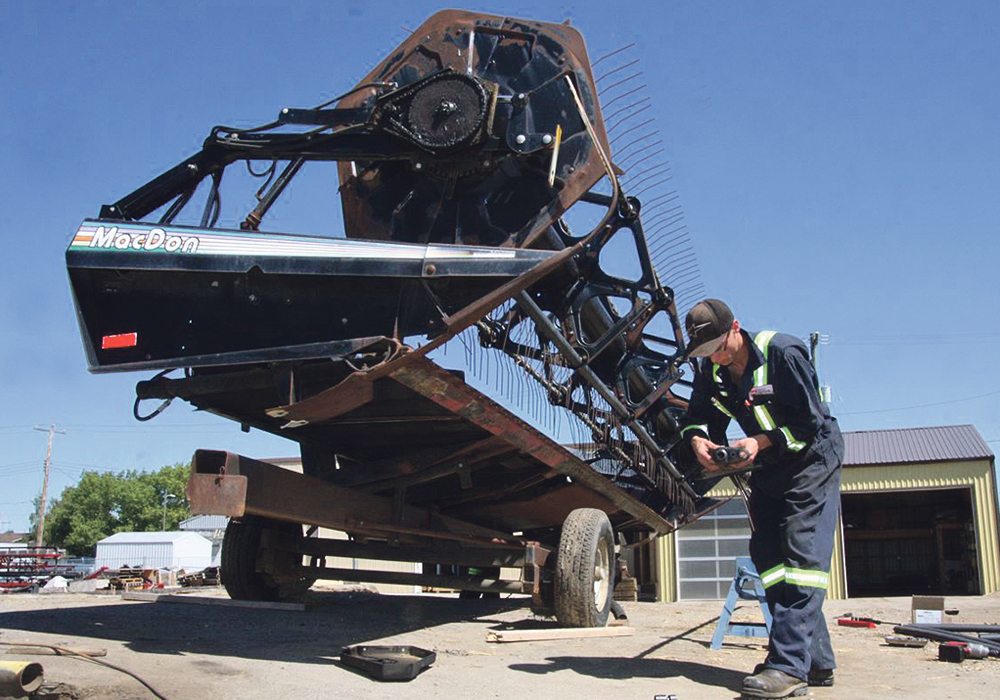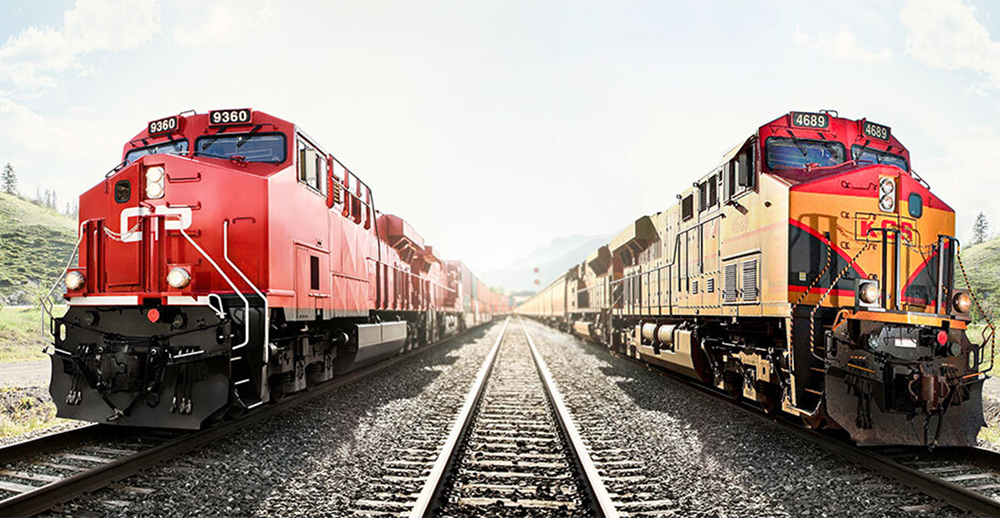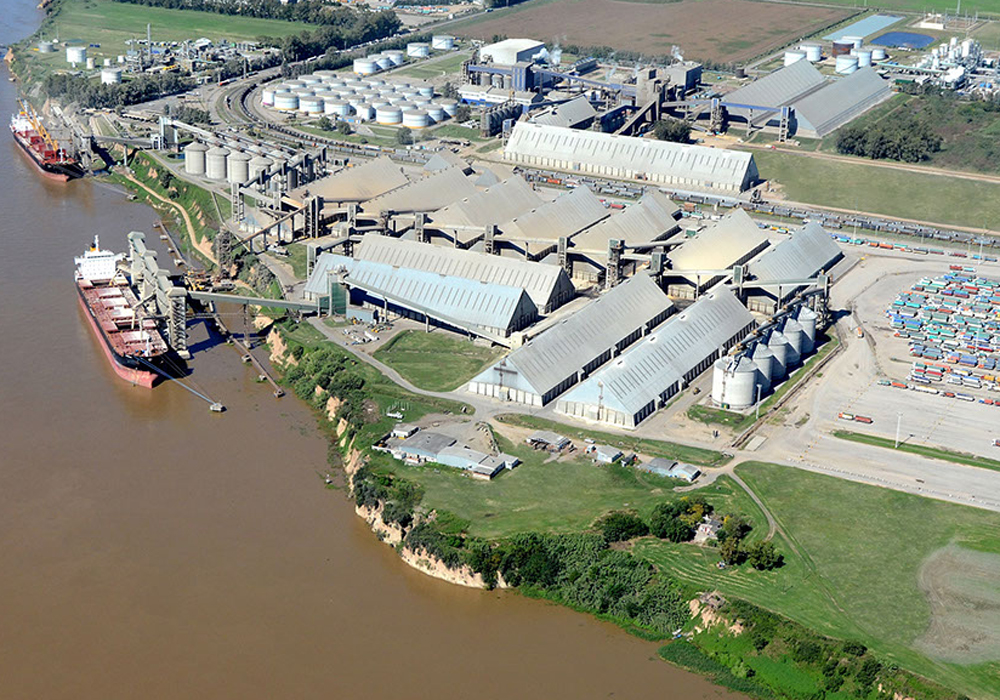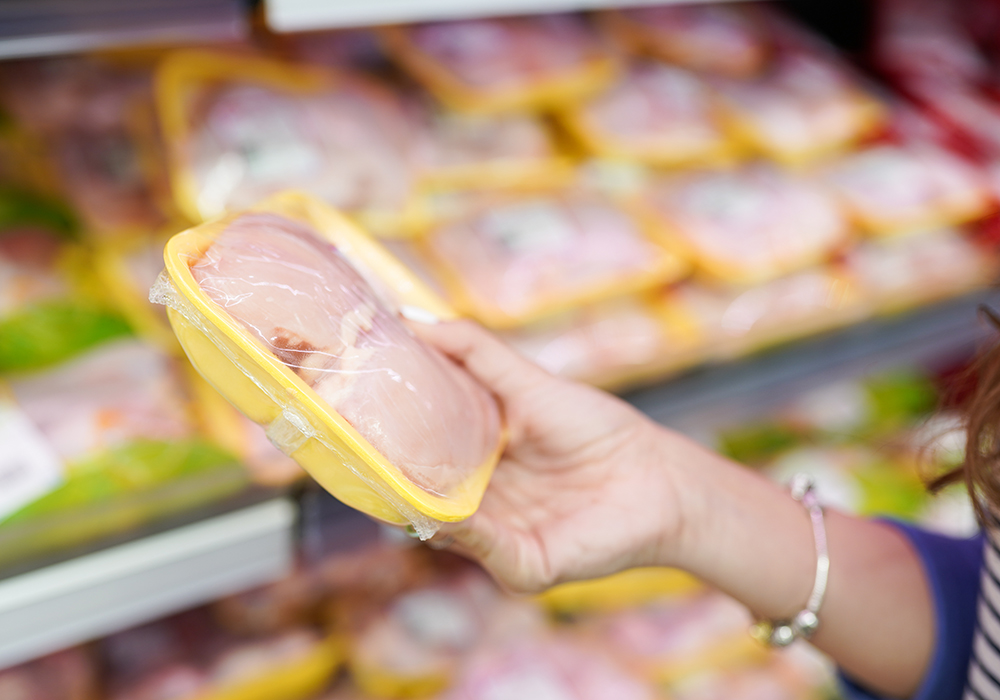An Ontario company is buying MacDon Industries, a Winnipeg manufacturer of agricultural equipment known for its windrowers and headers, for $1.2 billion.
Linamar, based in Guelph, Ont., manufactures auto parts, Skyjack lift equipment and since 1992 with the acquisition of Hungarian farm machinery builder, Mezogep, has produced combine headers under the Harvestec brand.
“MacDon is an innovative market leader.… They have number one market share in each of their key products,” Linamar chief executive officer Linda Hasenfratz, said in a conference call with media and market analysts Dec. 14.
Read Also

Crop quality looks good this year across Prairies
Crop quality looks real good this year, with the exception of durum.
“We think there is significant growth potential … because the agricultural market is in the early stages of cyclical recovery … (and) there is a lot of opportunity to grow the business globally. A high percentage of sales today are in North America.”
A purchase price of $1.2 billion is a relatively small acquisition for Linamar, the second largest auto parts manufacturer in Canada. The public company has $6 billion in annual sales, 59 manufacturing plants around the globe and 24,500 employees.
With around 1,400 employees at its Winnipeg plant, MacDon is one of the largest agricultural manufacturers in Western Canada. The company is best known for combine and swather headers, and its products, including forage equipment, are sold in about 40 countries.
“They have a fantastic dealer and distribution network…. They have great relationships with their dealers,” Hasenfratz said. “Over the last five years … (annual) sales have been in the range of $550 to $650 million, with EBITDA margins typically in the range of 20 to 25 percent.”
MacDon announced several years ago, during the biggest run up in commodity prices the industry has ever seen, that it was seeking $1 billion for the business, but buyers were not found.
Linamar’s main business is auto parts, and diversifying the company into agriculture was appealing, Hasenfratz said.
She said MacDon is known for its market-leading innovation.
“Their technology is supported by over 100 unique patents and an additional 30 pending, on a global basis,” she said, adding Linamar feels positive about the growth opportunities within global agriculture. “It’s a great time to step into the market and really take advantage of things starting to improve.”
Linamar expects to close its purchase of MacDon in the first quarter of 2018.
Started after the Second World War, Killbery Industries built a variety of agricultural equipment including sprayers, grain augers, seeders, and cultivators. In 1951 Killbery produced one of the first self-propelled swathers. In 1971 the MacDonald family bought the company and focused production on harvesting equipment, later changing the name to MacDon Industries.















